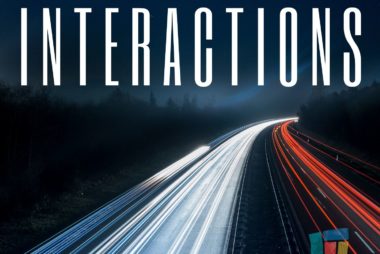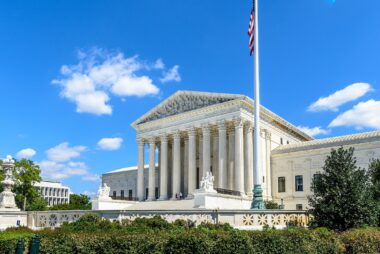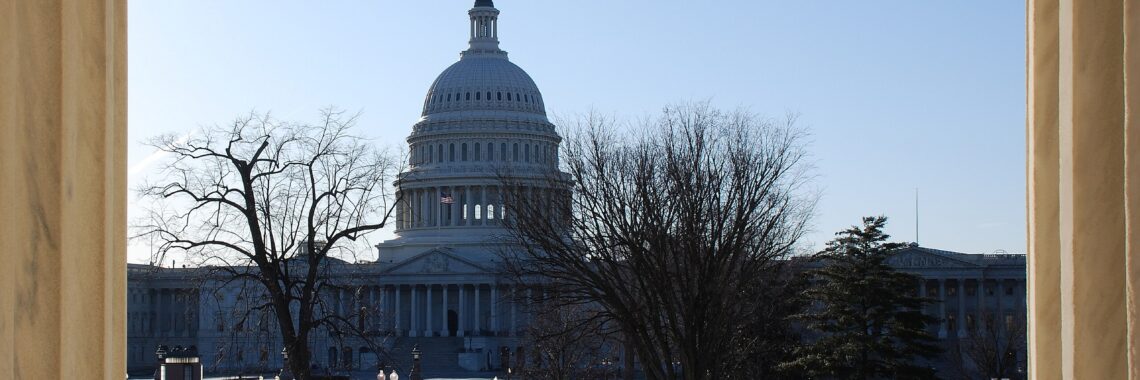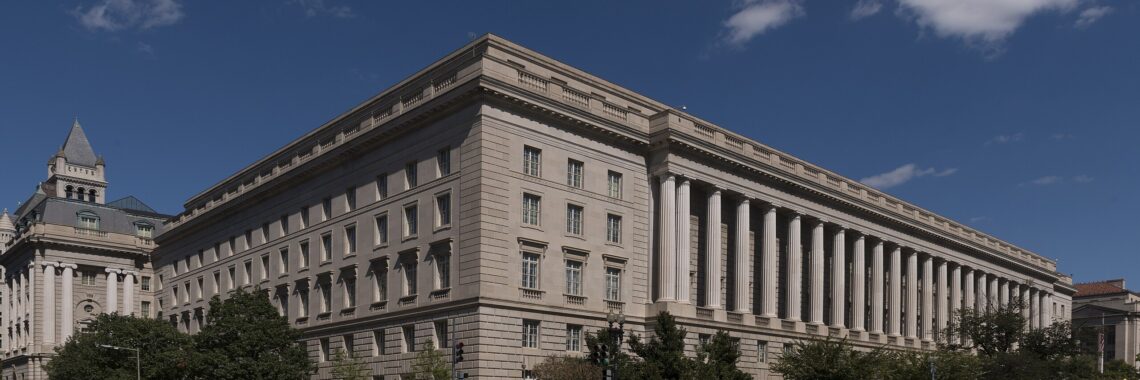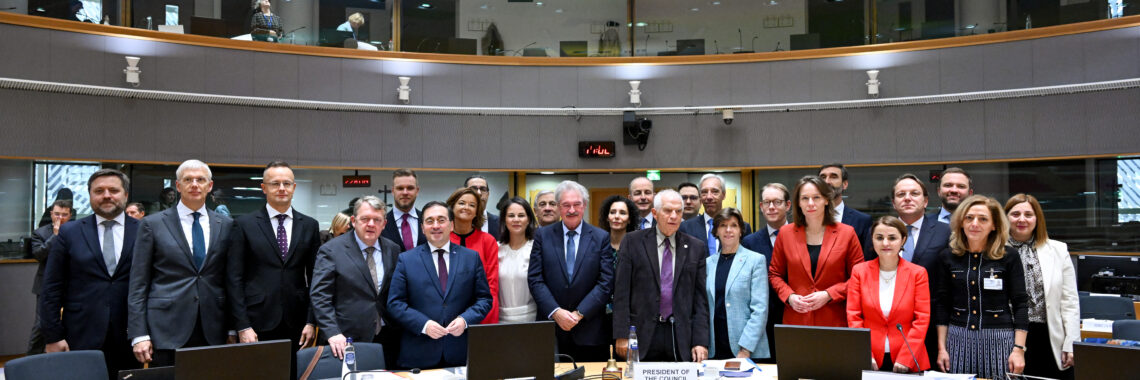“National Religious Broadcasters v. Werfel: The Court Should Uphold the Johnson Amendment to Protect Voters’ Right to Know Who Is Spending to Influence Them” by Kevin Hancock
United States Capitol in Washington D.C., by Jarek Tuszyński (CC-BY-SA-3.0 & GDFL). This article is part of our series on Law, Religion, and The Johnson Amendment. If you’d like to explore other articles in this series, click here. Few provisions are more vital to preserving both the integrity of religious organizations and democratic transparency than the Johnson…



